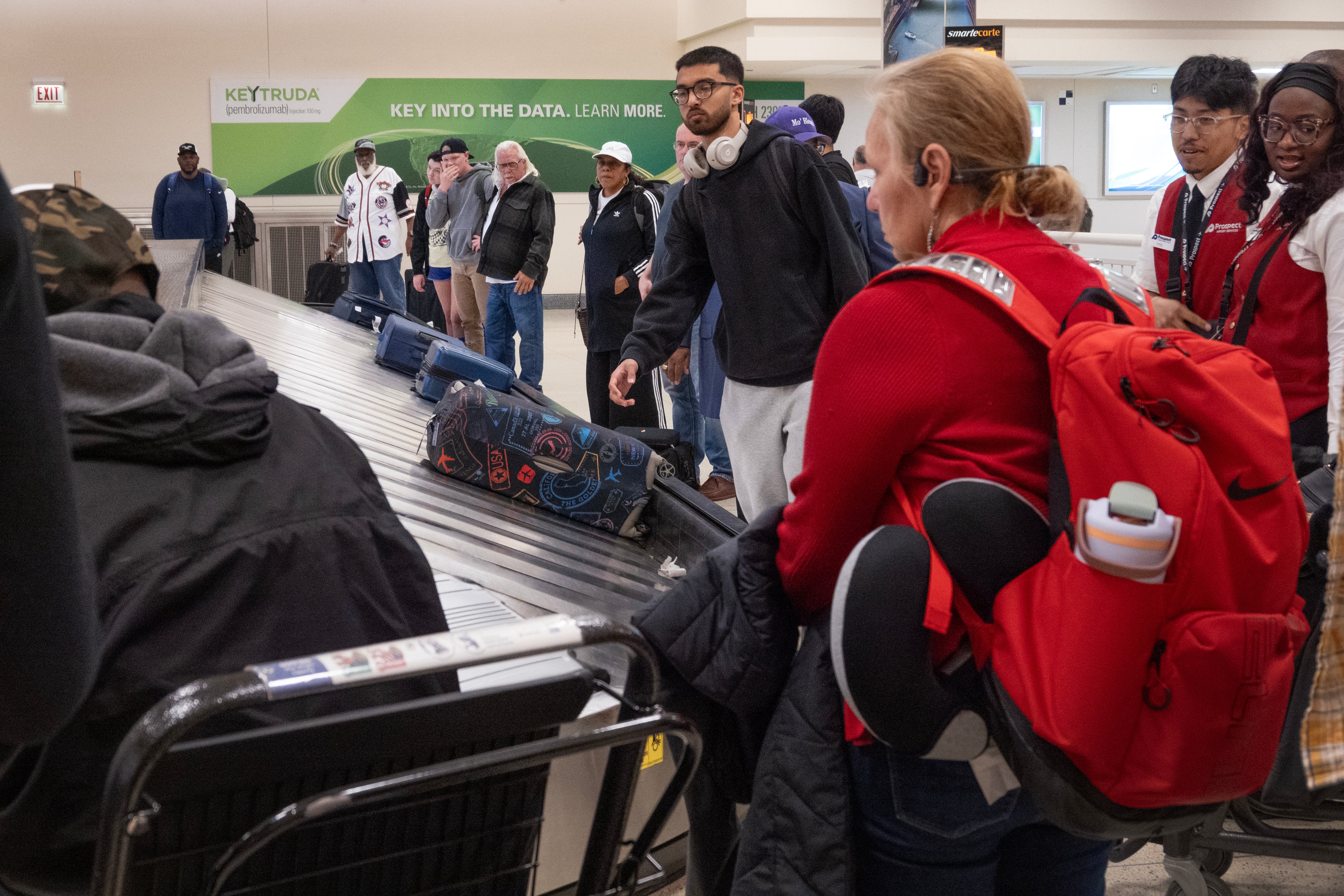U.S. airlines collected a staggering $7.27 billion in checked baggage fees last year, marking a new industry record, according to recent federal data.
The total represents an increase from $7.07 billion in 2023, marking a continuation of the post-covid-19 pandemic surge in baggage fee revenue, according to figures from the Bureau of Transportation Statistics last updated in May.
The 13 airlines included in the data are Alaska Airlines, Allegiant Air, American Airlines, Breeze Airways, Delta Air Lines, Frontier Airlines, Hawaiian Airlines, JetBlue, Silver Airways, Southwest Airlines, Spirit Airlines, Sun Country Airlines and United Airlines.
American, Delta and United, the three largest airlines, each generated more than $1 billion in checked bag fees in 2024, continuing a consistent year-over-year increase in luggage revenue since the sharp decline caused by the pandemic in 2020.
Ancillary fees, such as checked bag charges, have become a key profit source for airlines, with revenue increasing from $5.3 billion in 2021 to over $6.7 billion in 2022.
The figures signal a complete rebound from the covid-19 pandemic's impact on air travel, when total checked bag revenue fell sharply to $2.84 billion in 2020. For comparison, the industry had generated $5.76 billion in 2019, before the global travel slowdown.
Southwest Airlines is now trying to cash in on the checked bag revenues, officially ending its long-standing "Bags Fly Free" policy, a hallmark of its customer-friendly approach for over five decades.
Effective Wednesday, passengers booking flights will now be charged $35 for the first checked bag and $45 for the second. However, Rapid Rewards loyalty program members, business class ticket holders, and Southwest credit cardholders will continue to enjoy complimentary checked bags.
Southwest projects the new baggage fees could generate around $1.5 billion in annual revenue.

The previously no-frills airline is also implementing other modifications, including the introduction of assigned seating for a fee, replacing its former open seating system.
Southwest also started enforcing a rule Wednesday that requires passengers to use their portable chargers and batteries in plain sight, citing safety concerns after multiple overheating incidents.







